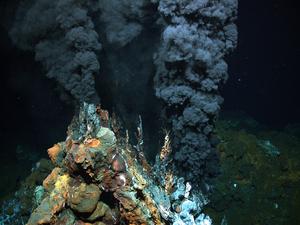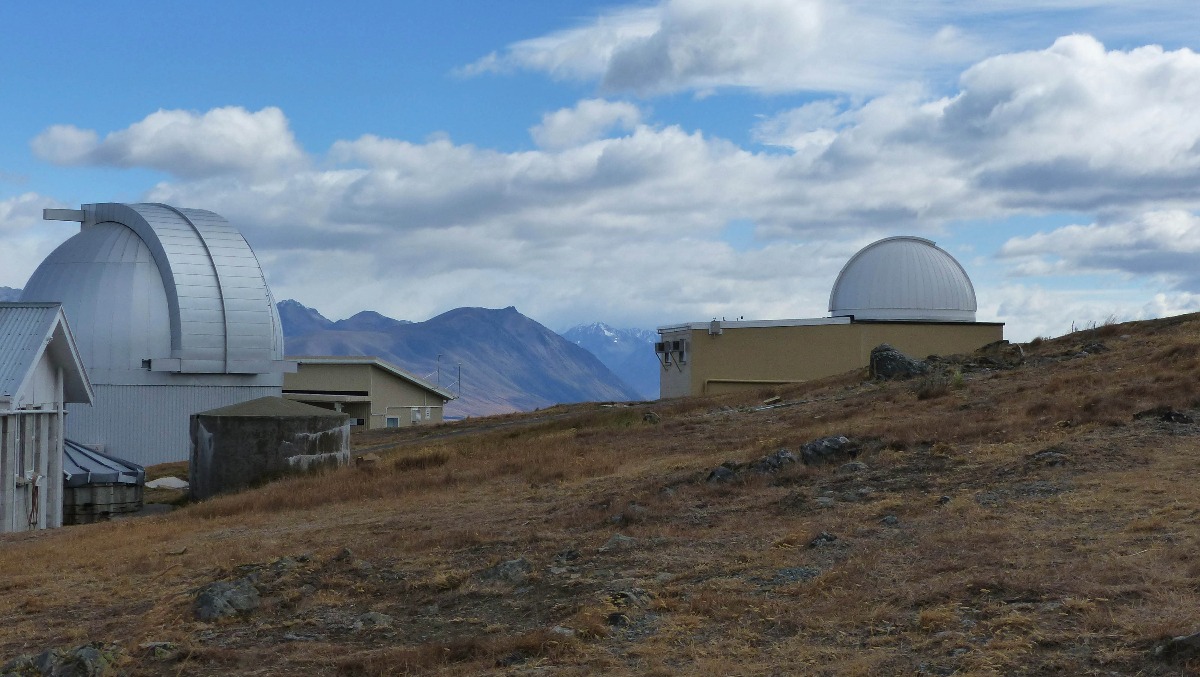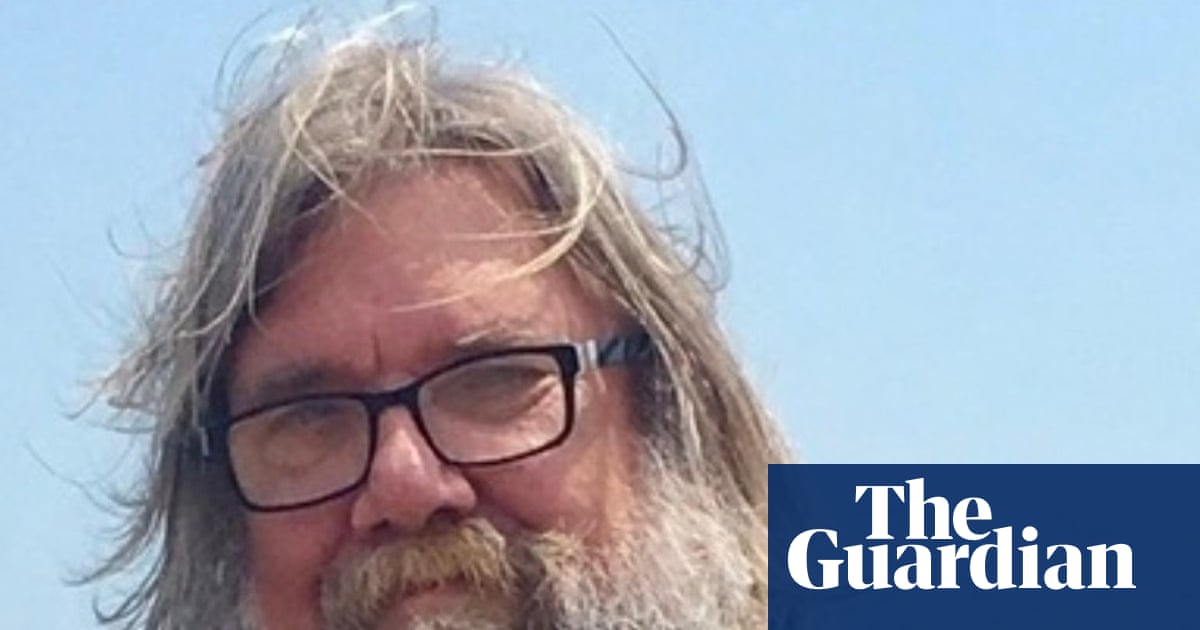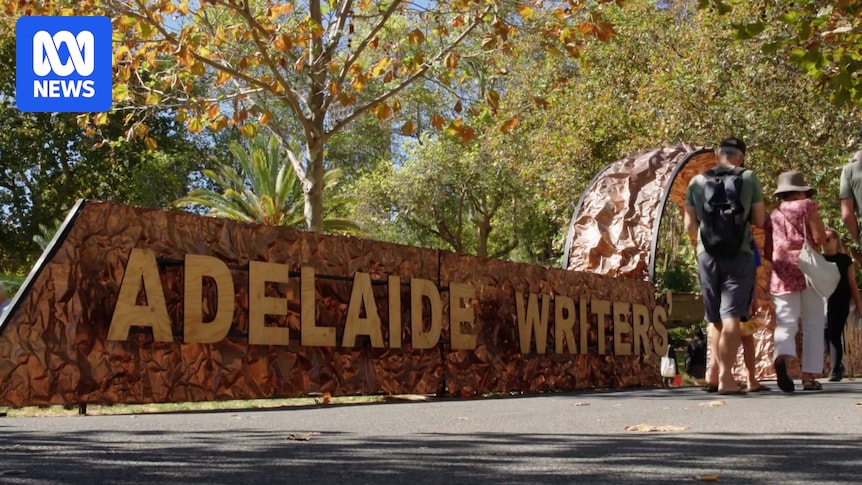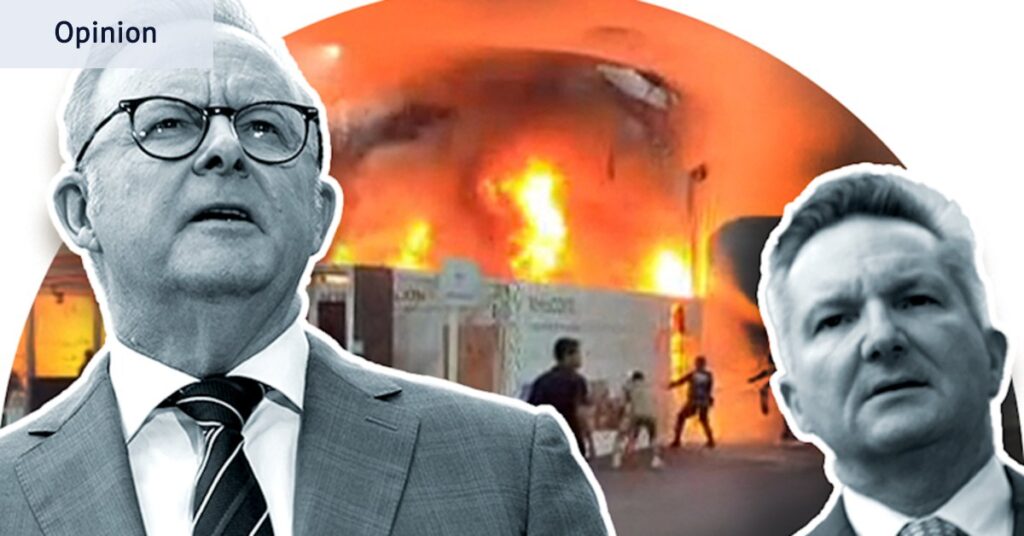
It is a little baffling, in the way that time passing always is, to realize we have just concluded COP30 – the 30th United Nations climate change conference. I remember attending COP15 in Copenhagen as a staffer for Kevin Rudd. It was snowing, cold inside the conference center too; I grew a beard (of sorts) for the first time. The atmosphere was frenetic, briefly hopeful, and then bleak.
More shocking than time itself is the change in how the world receives these conferences. Then, in Australia at least, it was front-page news. High hopes were dashed, even as we heard concerning warnings about what would come without global agreement. Now, the warnings have become more apocalyptic; the dangerous outcomes are 16 years closer to becoming reality than they were then. And yet the conferences seem less significant now; their failures more easily shrugged off by voters and governments alike.
The Long Road of Climate Action
Consequential action on climate change has always required two different, contrasting qualities. The many conferences that have now passed point to one: an understanding of the grinding nature of progress, the way change comes over years, as the result of tedious, unremarked upon hard work.
Which is essentially the stage of the climate transition we have reached. We are past the shiny renewables-led utopianism of the late 2000s, and into the time of actual change, with more energy actually delivered from renewables, with all the advantages and stumbling blocks that it brings, as coal-fired power stations run down and state governments are forced to find ways to keep the lights on.
Albanese’s Pragmatic Approach
This stage is well-suited to Anthony Albanese’s style of politics. In his first speech to parliament as a newly elected MP (the UN’s first climate conference had been held the year before), he talked about infrastructure; later, he was infrastructure minister for years. As you can tell from the last election campaign, or from his government’s focus on wages and Medicare, he grasps the importance of reaching people in their daily lives. And he understands, too, that the way to do so is very often with things people experience directly (healthcare) or can touch (roads).
With this in mind, the government’s apparent desire to host a large international climate change conference always seemed a little out of character. A little grandiose; more abstract than matters with which the Albanese government usually concerns itself.
The Need for Grand Ambition
Which brings us to the other quality demanded in humanity’s battle against climate change, a more abstract quality: grand ambition. Ambition, in turn, requires imagination; and in this case, that imagination must work in two directions. First, we must be able to imagine how bad things might get, and, propelled by that thought, then bring ourselves to imagine a different way of doing things.
Hosting an international climate change conference may have added a little to that side of the ledger – the side usually less present in this government. Still, this is why the government’s recent announcement about solar energy was so interesting. A few weeks ago, we found out that some areas of the country will get three hours of electricity free each day.
These hours will be in the middle of the day, meaning not everyone will be able to use them. Still, you can see both styles of politics in the announcement. There is a tangible benefit and, at the same time, there is a preview of a more hopeful future, of the way things might be if we continue down this path. The policy contains both the concrete and the grand.
“Most of us would acknowledge there is something missing in our current way of life. Perhaps it is meaning; or community; or variety, as the world slowly conforms to Instagram aesthetics; or a value system outside the pursuit of material wealth.”
Imagining a Different Future
We see another example in the government’s actions on social media, due to take effect next month. The government keeps reminding us that this is another tool for parents to use. In other words, it reaches people in their lives. But its political significance is larger than this. Many of the government’s concrete shifts are small improvements without large change – more bulk-billing, lower university fees. But here we see something in a different register: an attempt to imagine a different way of living from the way that we live now.
As I write in my recent Quarterly Essay, most of us would acknowledge there is something missing in our current way of life. Perhaps it is meaning; or community; or variety, as the world slowly conforms to Instagram aesthetics; or a value system outside the pursuit of material wealth. And yet, beside this vague uneasiness lurks a suspicion that no other type of life is possible. This is captured in the well-known aphorism that it has become easier to imagine the end of the world than the end of capitalism; or, to put this in a less ideological way, than the end of this particular way of life.
And here we come to another area in which dramatic change is needed. It is, if you like, the more concrete aspect of our growing uneasiness with our way of life: widespread and growing inequality. This is visible to us in schooling, in housing, in the gap between those with assets and those without. And this, too, is near-impossible to imagine changing any time soon.
As the country transitions to a net zero future, with all the adjustments this will require of ordinary citizens, it is worth wondering whether voters will go along with those difficult adjustments if questions more obviously relevant to us all in the daily living of our lives – why can’t I afford a house? Why is my child getting a worse education than the rich kid down the street? – are not being answered.
Parties of the center-left have always taken on the task of helping societies imagine different futures. In relation to certain aspects of our lives, the Albanese government sometimes shows signs of beginning to do this. But it might find voters unwilling to join them in those acts of imagination if it is not willing to imagine, too, a more equal society. Creating that society will require the concrete changes this government prizes, along with a grander vision than it usually permits itself.
Sean Kelly is a regular columnist and a former adviser to Julia Gillard and Kevin Rudd. He is the author of Quarterly Essay 100, The Good Fight: What Does Labor Stand For?
Get a weekly wrap of views that will challenge, champion, and inform your own. Sign up for our Opinion newsletter.
